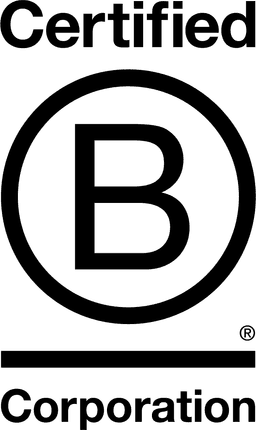

Banque de Luxembourg

Luxembourg, Luxembourg
April 2023
Investment advising
Service with Minor Environmental Footprint
Belgium,
Luxembourg
Fondée en 1920, la Banque de Luxembourg compte parmi les plus importantes banques au Luxembourg et accompagne une clientèle locale et internationale de particuliers, de familles et d’entrepreneurs. Les solutions proposées visent à les accompagner dans la gestion et la transmission de leur patrimoine et à leur permettre de réaliser leurs projets. La Banque offre également ses services aux professionnels de la finance. Soucieuse de préserver le juste équilibre des intérêts de toutes ses parties prenantes, elle est engagée depuis longtemps au sein de sa communauté et apporte son soutien à des actions qui génèrent un impact sociétal et environnemental dans les pays où elle trouve le cadre de son développement et où résident une grande partie de ses clients et de ses collaborateurs. En tant que Maison attentionnée, la Banque de Luxembourg mobilise au quotidien ses équipes, ses ressources et son écosystème pour démultiplier l’impact positif de ses activités. Elle intègre ainsi la durabilité au cœur de la gestion du patrimoine financier et non financier de ses clients. Dans un monde en perpétuelle accélération, elle veille à résister aux effets de mode, renonce à la rentabilité à tout prix et privilégie un dynamisme contrôlé. Face à l’urgence écologique et sociale, la Banque de Luxem
Overall B Impact Score
Governance 14.8
Governance evaluates a company's overall mission, engagement around its social/environmental impact, ethics, and transparency. This section also evaluates the ability of a company to protect their mission and formally consider stakeholders in decision making through their corporate structure (e.g. benefit corporation) or corporate governing documents.
What is this? A company with an Impact Business Model is intentionally designed to create a specific positive outcome for one of its stakeholders - such as workers, community, environment, or customers.
Workers 34.0
Workers evaluates a company’s contributions to its employees’ financial security, health & safety, wellness, career development, and engagement & satisfaction. In addition, this section recognizes business models designed to benefit workers, such as companies that are at least 40% owned by non-executive employees and those that have workforce development programs to support individuals with barriers to employment.
Community 12.4
Community evaluates a company’s engagement with and impact on the communities in which it operates, hires from, and sources from. Topics include diversity, equity & inclusion, economic impact, civic engagement, charitable giving, and supply chain management. In addition, this section recognizes business models that are designed to address specific community-oriented problems, such as poverty alleviation through fair trade sourcing or distribution via microenterprises, producer cooperative models, locally focused economic development, and formal charitable giving commitments.
Environment 5.8
Environment evaluates a company’s overall environmental management practices as well as its impact on the air, climate, water, land, and biodiversity. This includes the direct impact of a company’s operations and, when applicable its supply chain and distribution channels. This section also recognizes companies with environmentally innovative production processes and those that sell products or services that have a positive environmental impact. Some examples might include products and services that create renewable energy, reduce consumption or waste, conserve land or wildlife, provide less toxic alternatives to the market, or educate people about environmental problems.
Customers 19.1
Customers evaluates a company’s stewardship of its customers through the quality of its products and services, ethical marketing, data privacy and security, and feedback channels. In addition, this section recognizes products or services that are designed to address a particular social problem for or through its customers, such as health or educational products, arts & media products, serving underserved customers/clients, and services that improve the social impact of other businesses or organizations.
What is this? A company with an Impact Business Model is intentionally designed to create a specific positive outcome for one of its stakeholders - such as workers, community, environment, or customers.